Civ 7: Should You Convert Your Towns To Cities?
Civilization 7added a new settlement mechanic, towns, which have the option to be turned into cities. Civilization is ultimately a game of choices, so players will likely be curious to know when they should choose to leave a new settlement as a town or convert it into a city. Understanding the right time to make the swap, or if there ever really is a right time, requires understanding the major differences between the two types of settlements.
This represents a change from the Civilization games of the past. Before, all settlements functioned the same, and the main decisions surrounding them came from their production and how to upgrade it. The addition of towns allows players to be a bit more flexible in their expansion strategy, and nobody is going to complain about one of the best strategy games adding a bit more nuance. They also introduce some nice changes that make it a little more appealing to produce more settlers even for players who don’t typically like spending too much time on city management.
How Towns And Cities Work In Civ 7
Settlements Start As Towns And Can Be Turned Into Cities
Like any Civilization game, Civ 7 starts players out with a settler who will create their first city. Right off the bat, players will notice one difference: this starting settler is now called a Founder. The founder will decide a civilization’s starting point, a capital settlement that begins as a city. Any settlers after that will create towns instead of cities. Towns function similarly to cities in that they expand a player’s borders, and grow in population over time. Towns will also help contribute resources to civilizations, making them a handy way to quickly snag a valuable tile.
Although towns share some of the same qualities as cities in Civ 7, they aren’t exactly the same. Towns are more like a stripped-down version of a city. Players won’t need to manage them as often, but they also can’t do as much as a city. While this would make it seem inevitable that players would want to at some point upgrade their towns to cities, there can actually be some advantages to keeping them as is. Because cities and towns play different roles and offer different benefits, there is no one right way to manage them.
The Major Differences Between Towns And Cities In Civ 7
Towns Are Limited In What They Can Produce
Towns in Civ 7 don’t have all the same features as cities. The biggest difference is that they don’t have a production menu, meaning towns won’t make buildings or units over time. Some of these can be purchased for towns outright using gold, but there is no option to work towards something, and the options for purchasing are more limited than the options for building in a city. While towns do have a production score like cities, this production is converted into gold.
Towns provide a few nice benefits. The added gold they create can be very helpful in upgrading one’s civilization. It’s kind of nice to have a town’s production converted into a currency that can be spent anywhere within one’s civilization, instead of strictly going towards producing things for itself. Once a town is big enough, there is also an option to choose a specific focus for it that will provide even more bonuses.
Certain game mechanics can be impacted by the balance between towns and cities, providing boosts or detriments that only apply to one settlement type or the other.
Focuses can be very helpful for both a town and one’s entire civilization. For instance, the Trade Outpost upgrade will increase the range that trade routes can be made from that town. Dropping towns between major cities and a trade partner can open up new options for what cities can be traded with. Meanwhile, the Religious site focus gives bonus happiness to every temple within one’s civilization, making these types of towns a huge boon for the rest of the settlements.
From a simple gameplay perspective, towns also cut down on how much a player needs to micromanage on a given turn. There is no need to be constantly choosing production for a town, so managing a larger empire can be a bit easier if a player leans towards having more towns than cities. This can be especially helpful in multiplayer games where waiting for other players to finish their turn can sometimes be painfully slow.
When (If Ever) Towns Should Be Converted Into Cities
Towns Should Become Citites When Players Need More Options For Using Their Production
While towns can be helpful, they don’t offer as many options as a full city. A city can use its production in a variety of ways besides just making money. So, if a town gets to a point where its production score would be better spent on buildings, units, or other upgrades, it would make sense to upgrade it to a city. This will mean a little extra work to manage it, but it also means a wider range of strategic decisions to make.
That isn’t to say all towns’ ultimate goal should be to be converted into cities. When placing settlements in Civ 7, it’s probably best to consider what role it’s meant to play. Depending on the area or specific intended purpose of a settlement, it might make more sense to just leave it as a town. For instance, a Fort Town at the edge of one’s borders might better serve one’s purposes by allowing their troops to heal faster and protect the outskirts of the civilization. The extra money the town produces can also help buy troops that immediately deploy.
Towns can generally be left un-upgraded until there is a specific purpose to turn them into a city. Maybe players need a second location capable of constructing Civilization'smany wonders, or they would rather convert the settlement’s production into scientific research. However, if there’s no great need to have all the options a city can provide, leaving a settlement as a town isn’t going to hurt.
For better or worse, there is no one exact moment or situation that can easily be pointed to as the right time to upgrade a town to a city. While this may be frustrating as players are trying to figure out how this change affects their strategy, this flexibility can also be very nice. Allowing players to decide on the fly when they want to start managing a settlement as a full city, and keeping it easy to manage until that point, can cut down on some of Civilization 7’s tedium and provide more opportunities for strategic decisions.
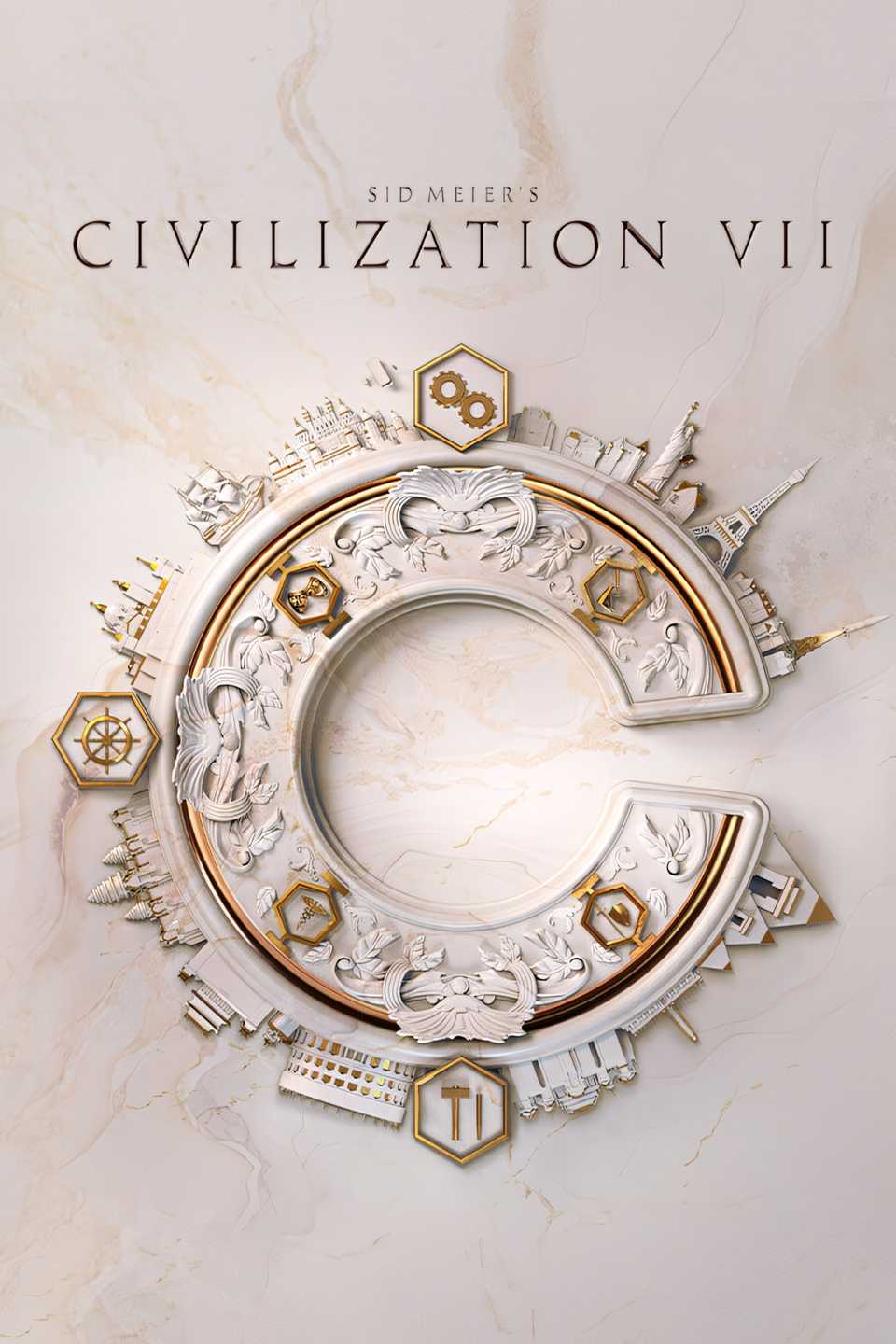

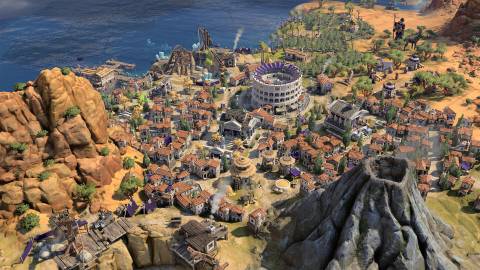
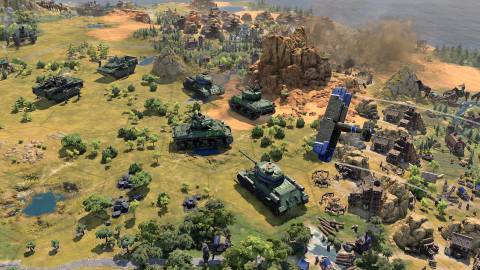
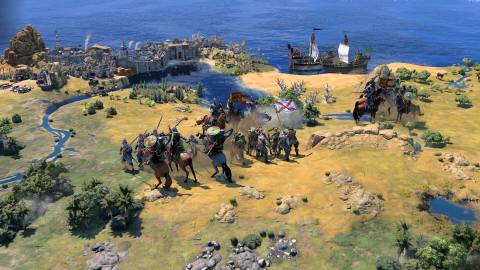
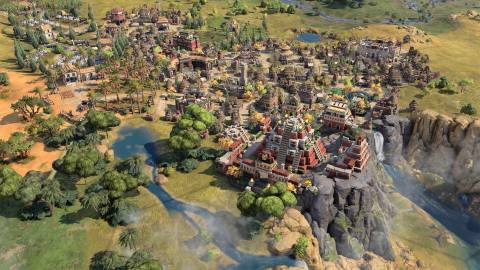
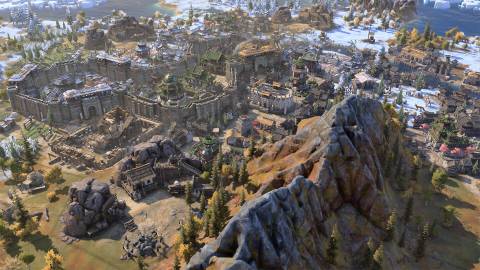
Sid Meier's Civilization VII
 OpenCritic Reviews
OpenCritic Reviews- Released
- February 11, 2025
- ESRB
- Everyone 10+ // Alcohol and Tobacco Reference, Mild Language, Mild Violence, Suggestive Themes
- Developer(s)
- Firaxis Games
- Publisher(s)
- 2K
- Engine
- Gamebryo Engine

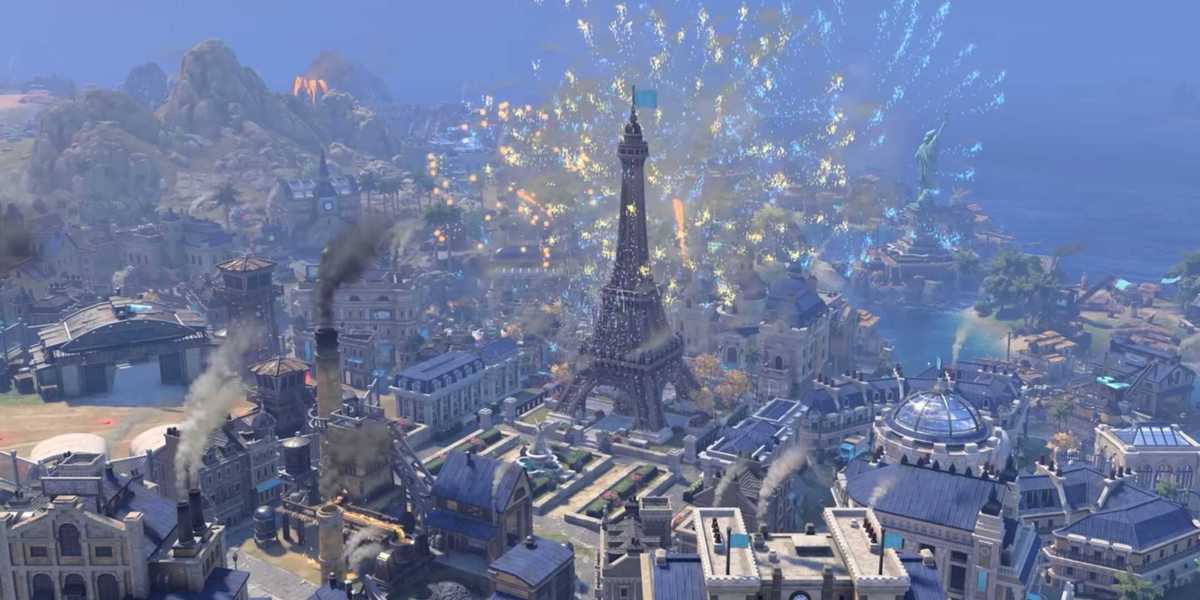









Your comment has not been saved